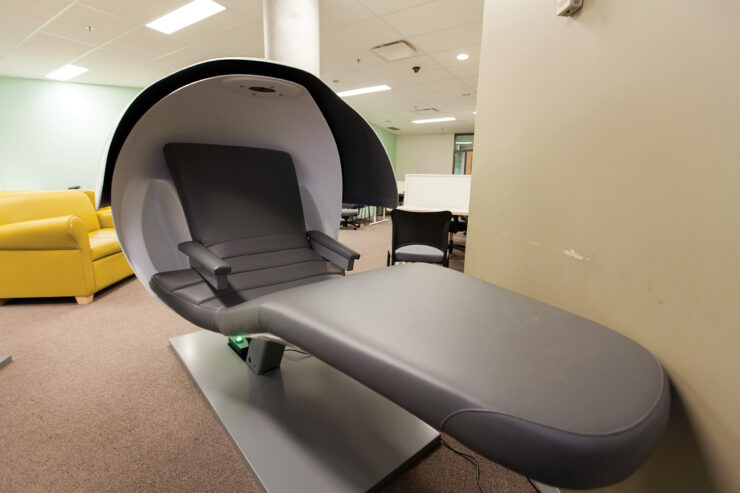Partners include Algonquin College, The Ottawa Hospital and Mitacs
The University of Ottawa, Algonquin College, The Ottawa Hospital, and Mitacs have partnered together on a training program to help address the growing needs of vaccine manufacturing.
Going under the name of The Canadian Partnership for Research in Immunotherapy Manufacturing Excellence (CanPRIME), the partnership aims to provide hands-on training to develop, test and manufacture biotherapeutics.
As per the press release, “It is the only program in Canada that provides hands-on training to develop these skills in a Good Manufacturing Practice (GMP) facility.”
“The University of Ottawa is proud to play an integral part in a program focused on educating and training researchers in the vital area of scientific development in the fight against COVID-19,” said University of Ottawa vice-president, research Sylvain Charbonneau in the press release.
The program is taking place primarily at The Ottawa Hospital’s Biotherapeutics Manufacturing Centre (BMC), which has been successful in biotherapeutic manufacturing for clinical trials nationally and internationally for the past 10 years.
Recently, BMC has been in the process of preparing for the manufacturing of the COVID-19 vaccine. The Canadian government recently announced it would be rolling vaccines out in early 2021.
CanPRIME aims to train 50 people in the first five years, which will include college, university, Master’s, and PhD students, along with postdoctoral fellows. Five students have already completed the training in 2019 and are currently in a biotherapeutic manufacturing role.
The Biotherapeutics Manufacturing Centre’s pivotal role in developing, testing and manufacturing potential COVID-19 vaccines bolsters its decade-long experience in advancing successful clinical trials,” added Charbonneau.
Kristin Spong, director of business development for Mitacs, saw the potential when she was first approached with the proposal for the program.
“It was one of the most exciting projects I’d heard of this year,” she said. “It was a perfect fit for our flagship program.”
“We’re really happy to support this project, and we wish all the best in the next few years,” Spong said.
“We want to see students using Mitacs’ program contributing to ground-breaking research, and making sure these students that are taking part in the CanPRIME program are really getting value from the program.”









